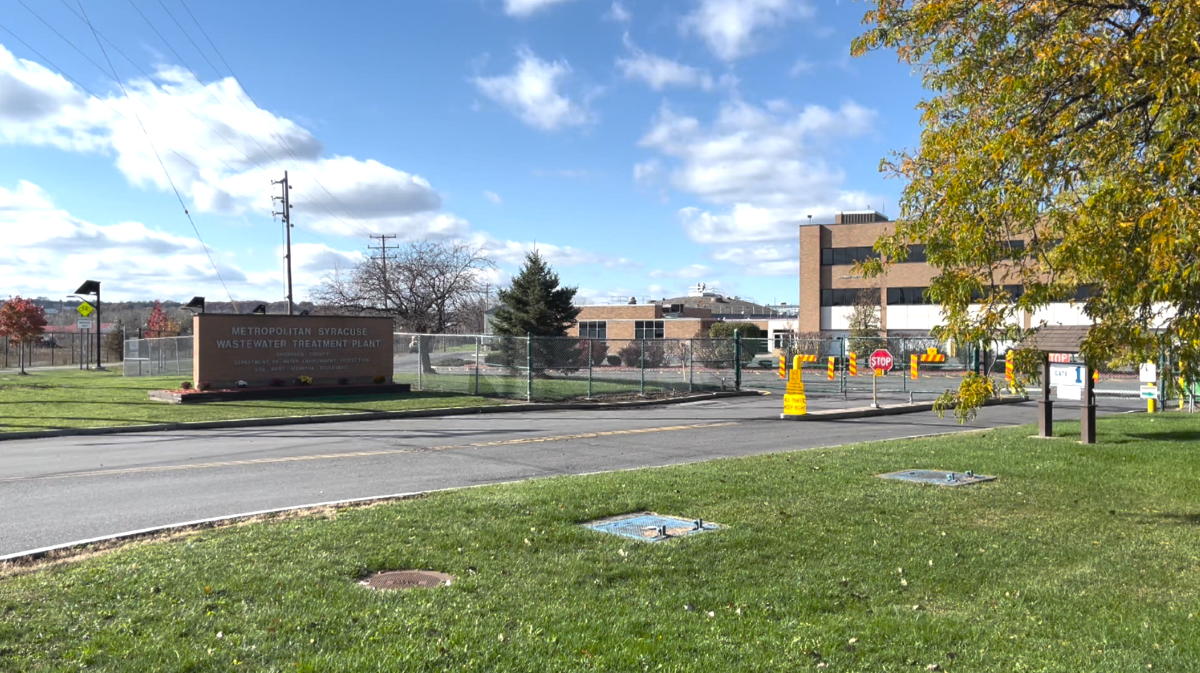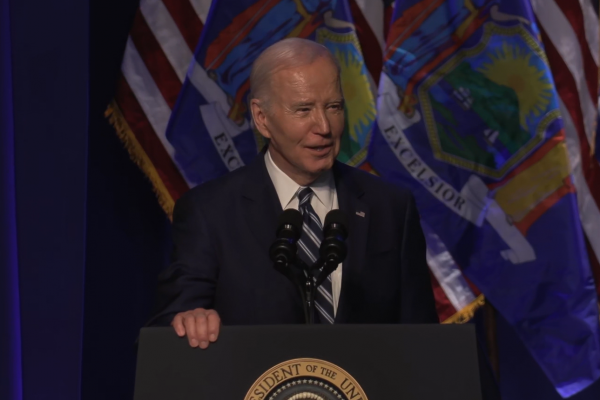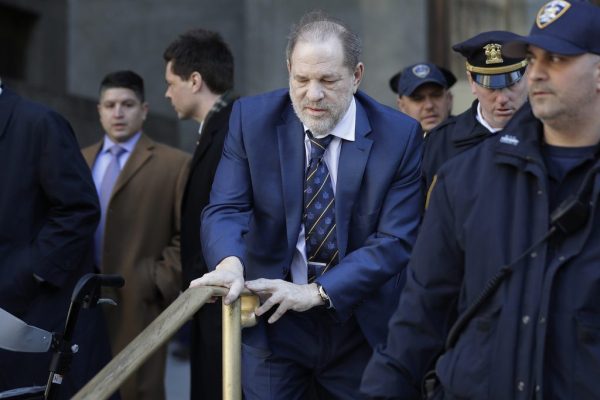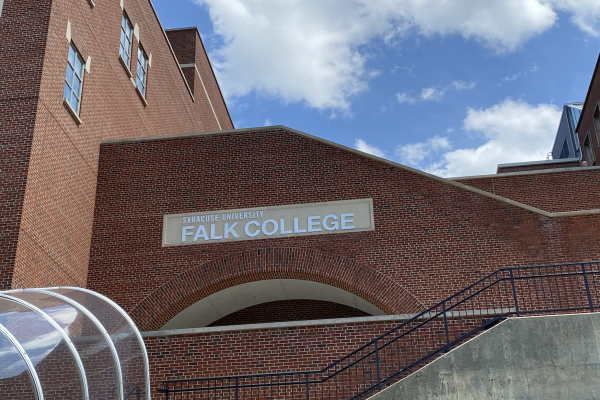
SYRACUSE, N.Y. (NCC News) — A statewide amendment is making its seventh appearance on the ballots for New Yorkers this year.
Originally passed in 1963, this amendment has been reapproved every decade since, and would allow municipalities to exclude sewage expenditures from their debt burden for another ten years.
“It would enable our counties, our cities, our towns, and our villages the ability to finance the construction and/or reconstruction of sewage treatment facilities without reducing their capacities to finance other projects that they may have,” said New York Sen. Monica Martinez.
Municipalities have a limit on the debt they can incur – according to New York Assemblymember Al Stirpe, it’s typically 7% of the taxable real estate value in the area.
New York Assemblymember Bill Conrad used to chair the Water Resources Committee for the town of Tonawanda and knows how costly sewage projects can be.
“It was $90 million to complete. $90 million. Now, the town’s budget in one year is $110 million. How is a municipality supposed to do that? Well, they have to bond, they have to borrow money,” Conrad said.
Conrad highlighted the fact that nearly every municipality in the region has a consent decree, which is essentially an order from an environmental agency.
Whether it’s old pipes (sometimes wooden), maintenance on a treatment plant or building new infrastructure, municipalities are behind on sewage work and need funding.
In November 2021, President Joe Biden passed the Infrastructure Investment and Jobs Act, which can provide federal funding to these sorts of projects. Assemblymember Conrad said it’s “just a drop in the bucket.”
Critics of the amendment may say that the debt is simply shifted to the federal government, or that the ten-year period isn’t the hard deadline that it once may have been.
The 10-year period was meant to encourage municipalities to act now, but at this point, legislators have considered the possibility of making it a permanent exclusion.




